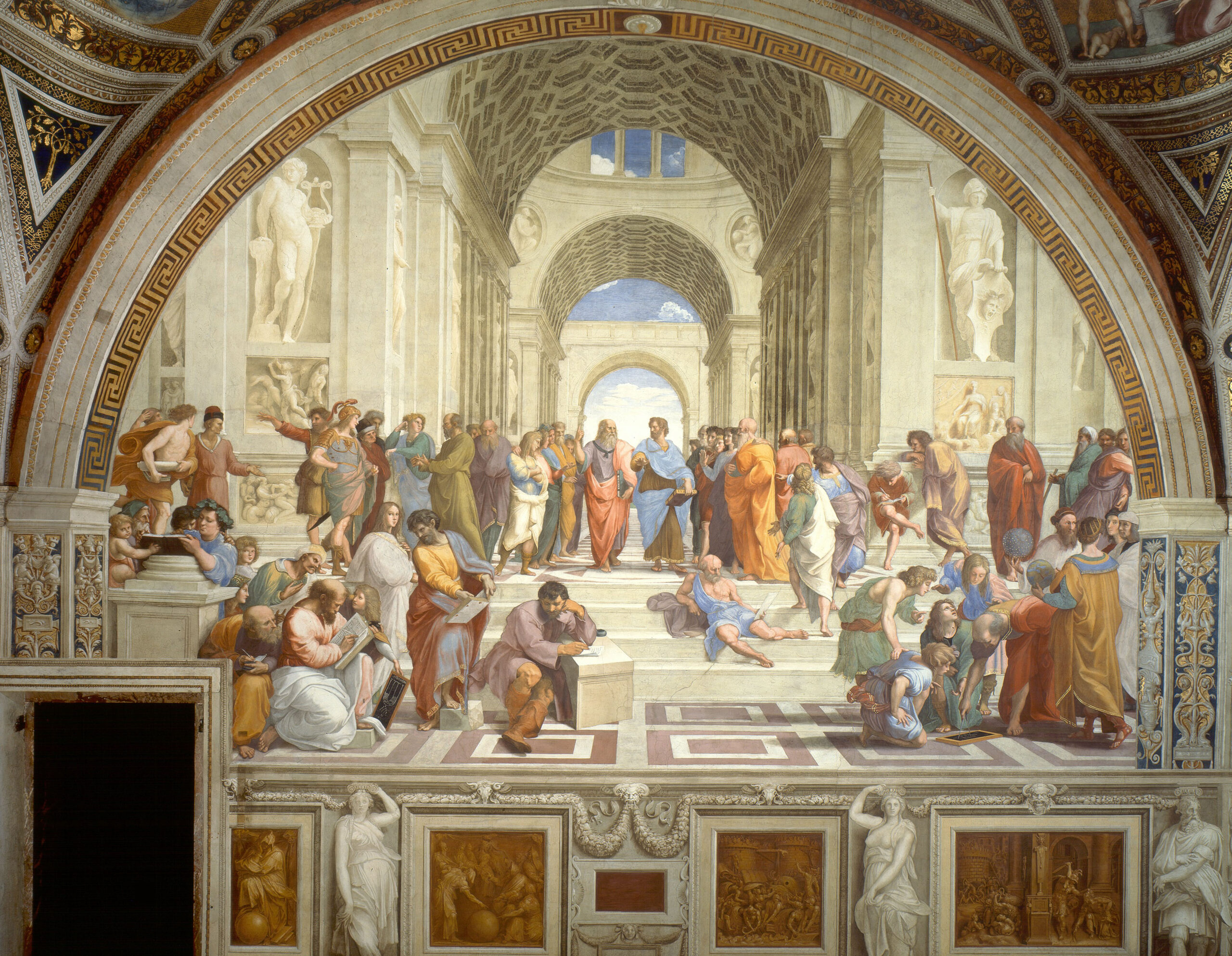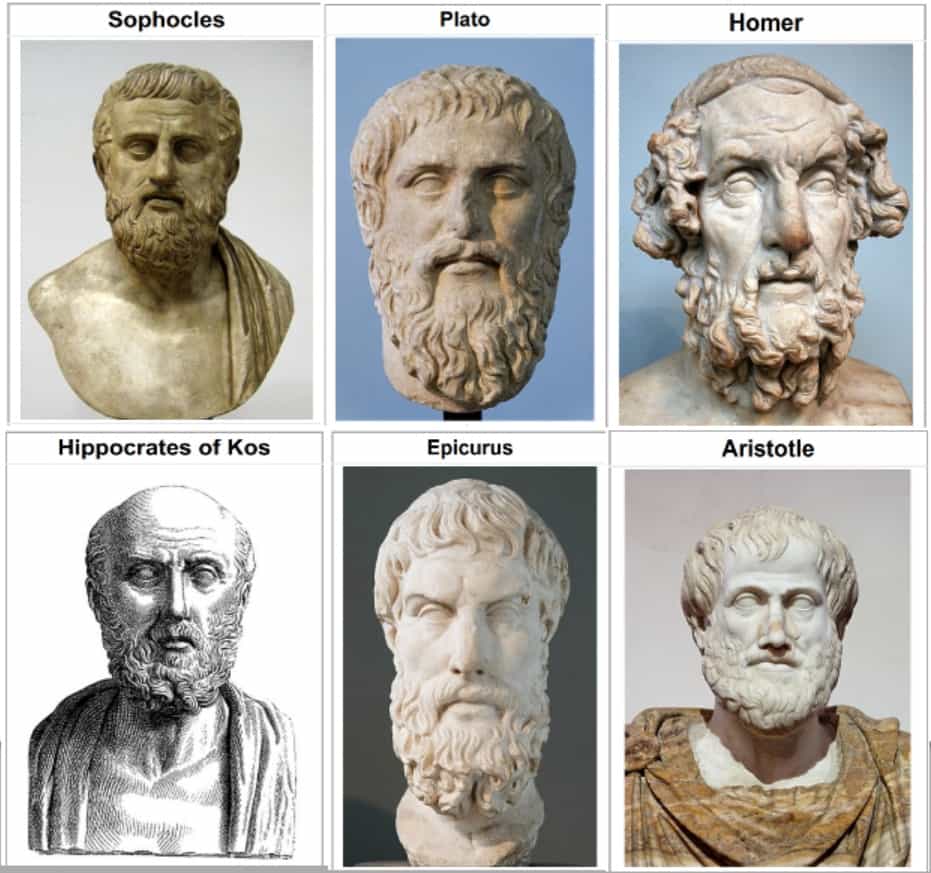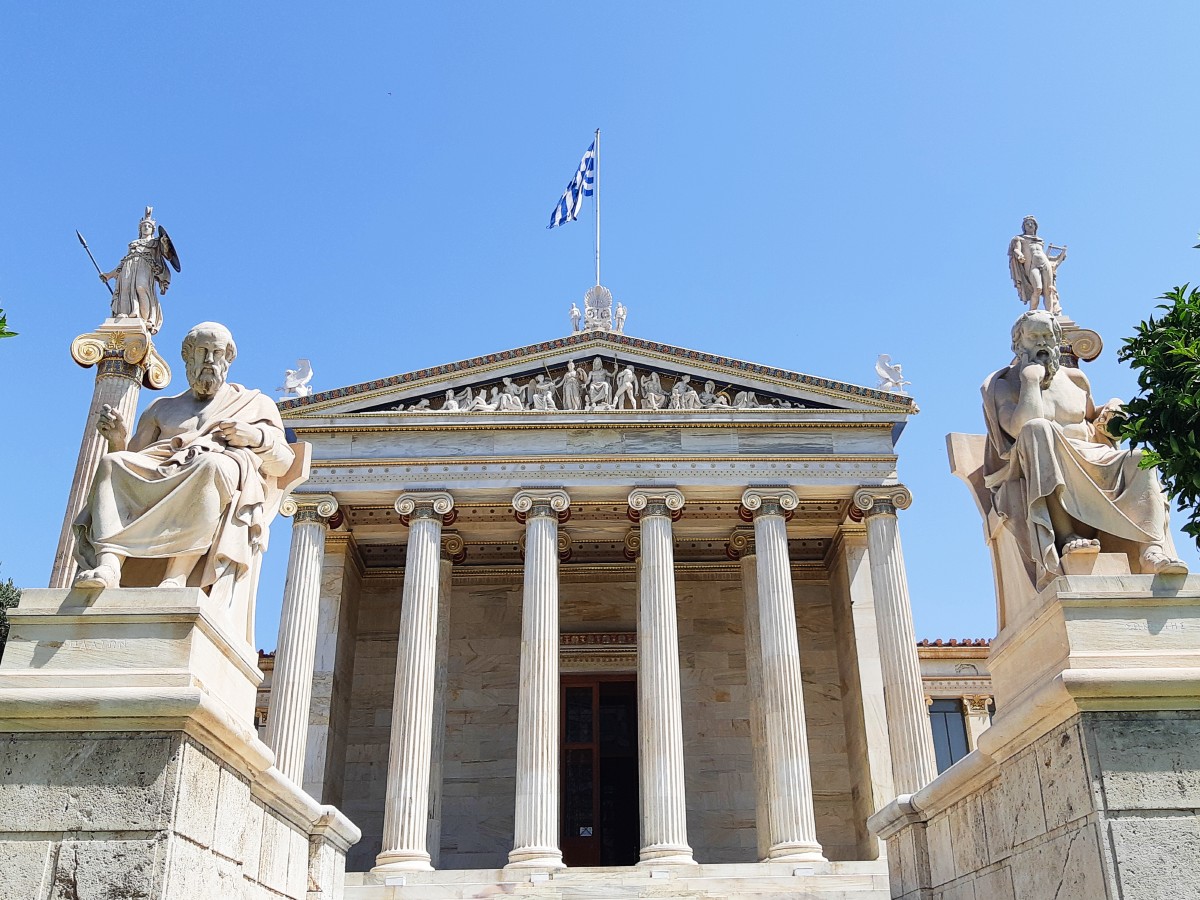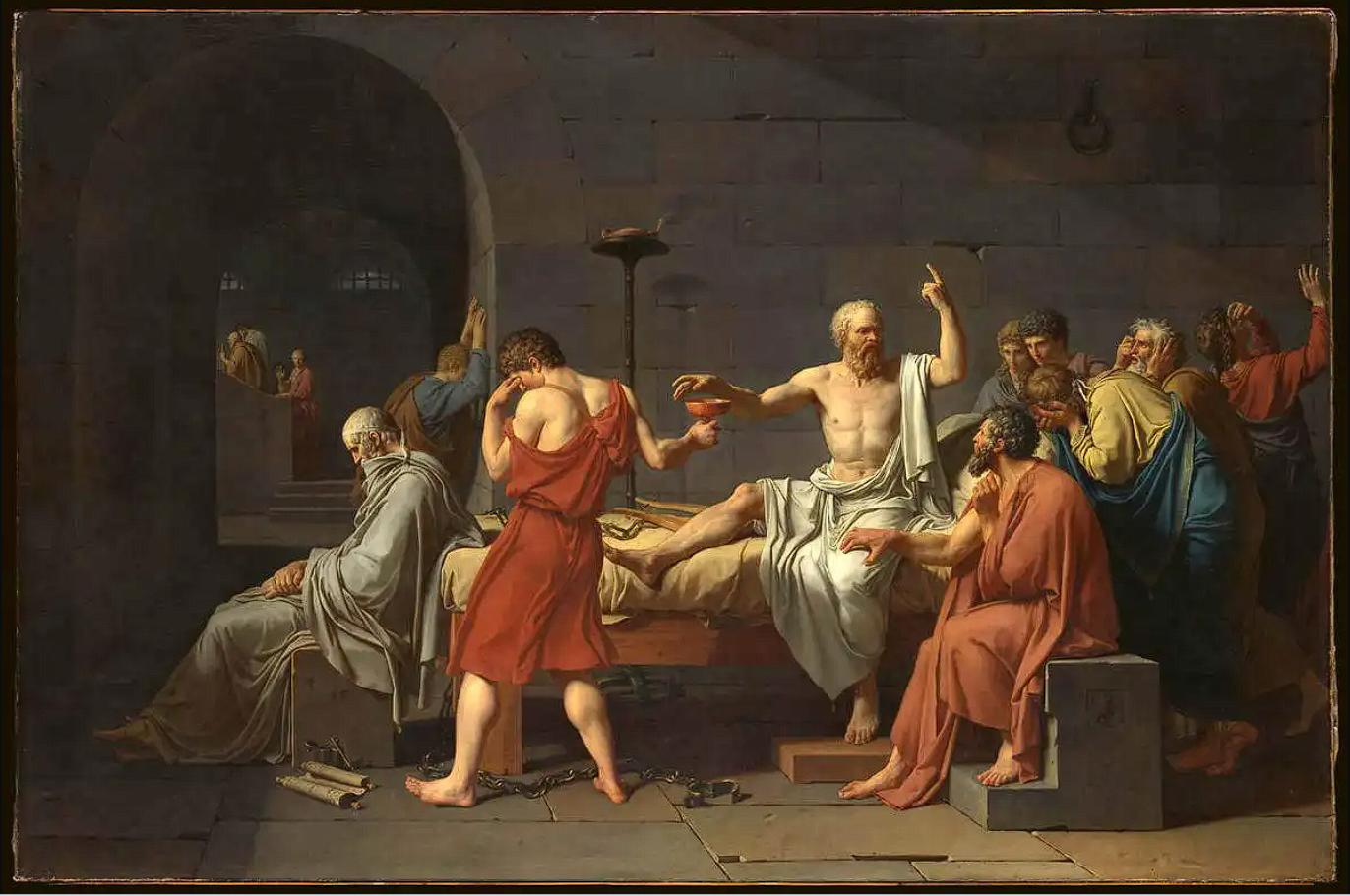The Birth of Western Philosophy
The Intellectual Revolution of Ancient Greece
Over two thousand years ago, a small group of thinkers in ancient Greece laid the foundation for philosophy, science, and politics as we know them today. These philosophers sought answers to fundamental questions about existence, morality, and the universe. Their ideas not only shaped the course of Western civilization but continue to influence modern thought.
The Role of Athens in Shaping Philosophy
Athens, the cultural and intellectual hub of ancient Greece, provided the perfect environment for philosophical inquiry. With its democratic government and emphasis on education, the city became a breeding ground for intellectual discourse. It was in Athens that Socrates, Plato, and Aristotle developed their groundbreaking ideas, leaving behind a legacy that still resonates today.
The Impact on Modern Thought
The teachings of Greek philosophers laid the groundwork for disciplines such as ethics, political science, logic, and metaphysics. Their works have been studied for centuries, inspiring Renaissance thinkers, Enlightenment scholars, and contemporary academics. But who were these men beyond their famous teachings?

Socrates: The Father of Critical Thinking
The Socratic Method and Its Influence
Socrates is often regarded as the father of Western philosophy. His approach to questioning and dialogue, known as the Socratic Method, encouraged individuals to think critically and challenge accepted beliefs. This method remains a cornerstone of modern education, particularly in law and philosophy.
The Trial and Execution of Socrates
Imagine walking through the bustling streets of Athens in the 5th century BC. In the Agora, a crowd gathers around an old man with a sharp mind and relentless curiosity—Socrates. He asks simple yet profound questions, forcing young thinkers to reconsider their beliefs. However, his defiance came at a cost. Accused of corrupting the youth and disrespecting the gods, he was sentenced to death. Choosing principle over life, he drank poison hemlock, leaving behind a legacy of fearless inquiry.
Socrates’ Legacy in Modern Education
Socrates’ teachings influenced countless thinkers, including his student Plato. His emphasis on dialogue and self-examination continues to shape contemporary education and legal practices. His story remains a powerful reminder of the importance of questioning authority and seeking truth.

Plato: The Visionary of the Ideal State
The Theory of Forms and the Quest for Truth
Plato, a student of Socrates, took philosophy to new heights with his Theory of Forms. He argued that beyond the physical world lies a realm of perfect, unchanging ideas. This concept has influenced philosophical and theological debates for centuries.
The Republic: A Blueprint for Governance
In his famous work The Republic, Plato envisioned an ideal society ruled by philosopher-kings. He believed that wisdom and justice should guide leadership rather than wealth or power. His ideas on governance, education, and justice continue to influence political theory and ethical discussions today.
The Enduring Influence of Plato’s Academy
Plato founded the Academy, one of the first institutions of higher learning in history. This school became the foundation for modern universities, emphasizing critical thought and the pursuit of knowledge. His contributions to philosophy, politics, and metaphysics remain relevant in today’s intellectual discourse.

Aristotle: The Master of Logic and Science
Aristotle’s Contributions to Science and Logic
Aristotle, Plato’s most famous student, took a more empirical approach to philosophy. He emphasized observation and logic, laying the groundwork for scientific inquiry. His classification of animals, studies on physics, and logical principles influenced disciplines from biology to artificial intelligence.
Ethics and the Pursuit of Happiness
In Nicomachean Ethics, Aristotle explored the concept of eudaimonia, or human flourishing. He argued that true happiness comes from living a virtuous life, balancing reason, and moral character. His ethical theories continue to shape contemporary discussions on morality and personal fulfillment.
Aristotle’s Lasting Impact on Western Thought
Aristotle’s works influenced medieval scholars, Renaissance thinkers, and even modern scientists. His contributions to logic, ethics, politics, and metaphysics solidified his place as one of history’s greatest intellectuals.

The Enduring Legacy of Greek Philosophy
How Greek Philosophy Shaped the Modern World
The teachings of Socrates, Plato, and Aristotle continue to influence fields such as law, politics, science, and ethics. Their emphasis on reason, logic, and the pursuit of knowledge laid the foundation for Western thought and education systems.
The Relevance of Ancient Wisdom Today
While the world has evolved, the philosophical inquiries of these Greek thinkers remain as relevant as ever. Questions about justice, truth, and human nature still shape societal debates and academic discussions.
What We Can Learn from Greek Philosophers
How did a handful of thinkers change the course of history? What lessons can we still learn from their wisdom today? Their legacy remains as powerful as ever, reminding us that knowledge, critical thinking, and ethical living are essential to human progress.
